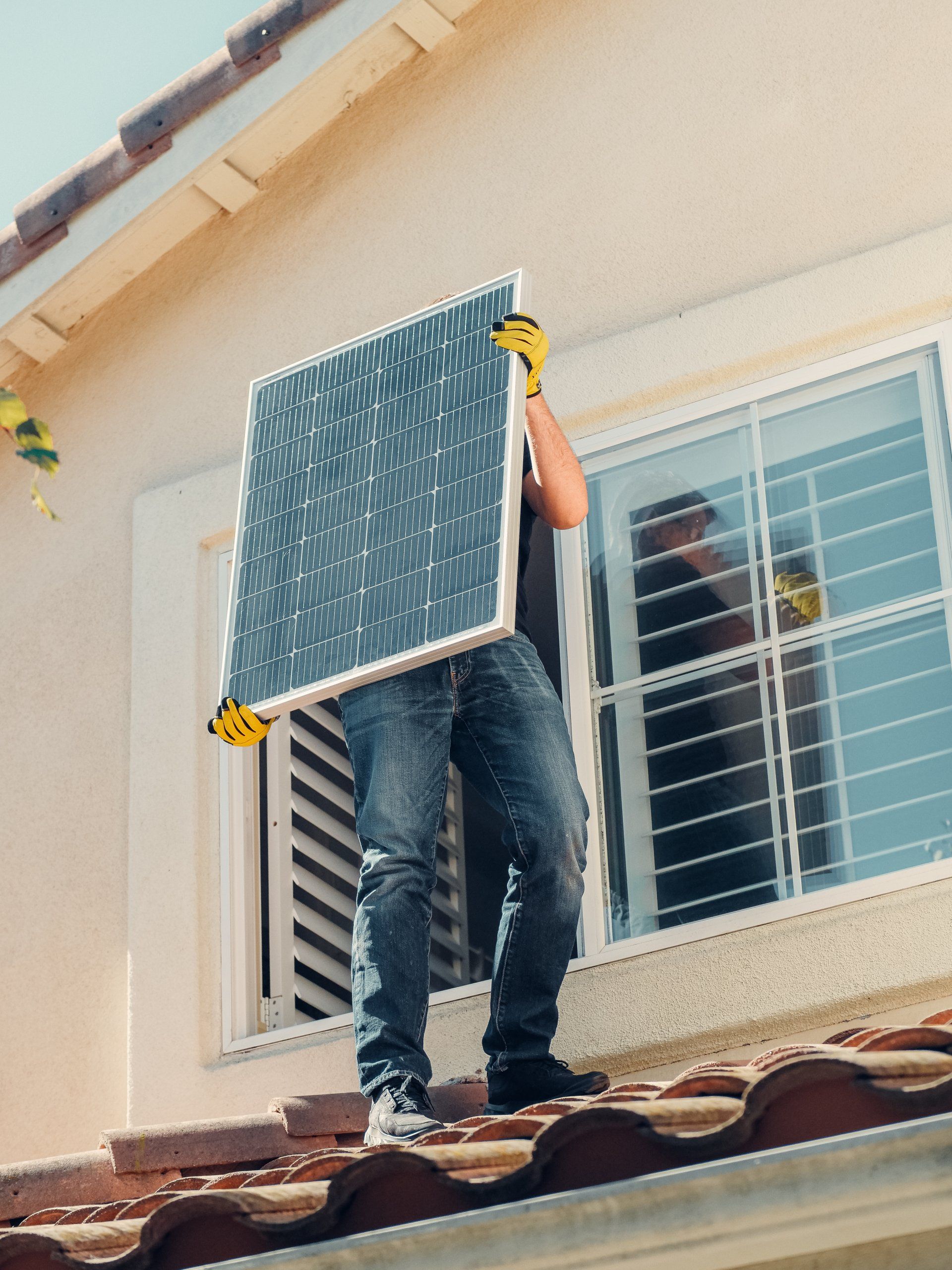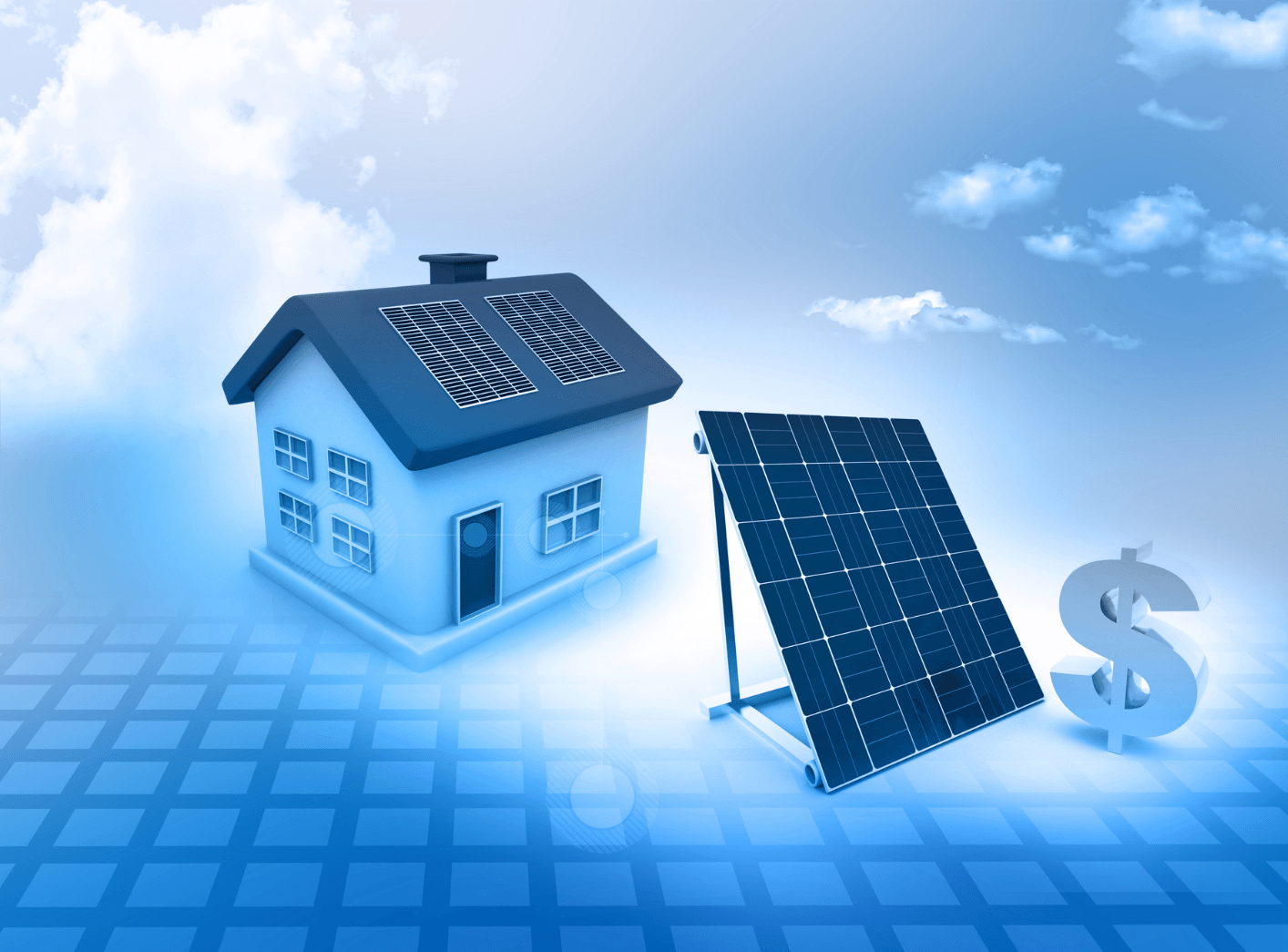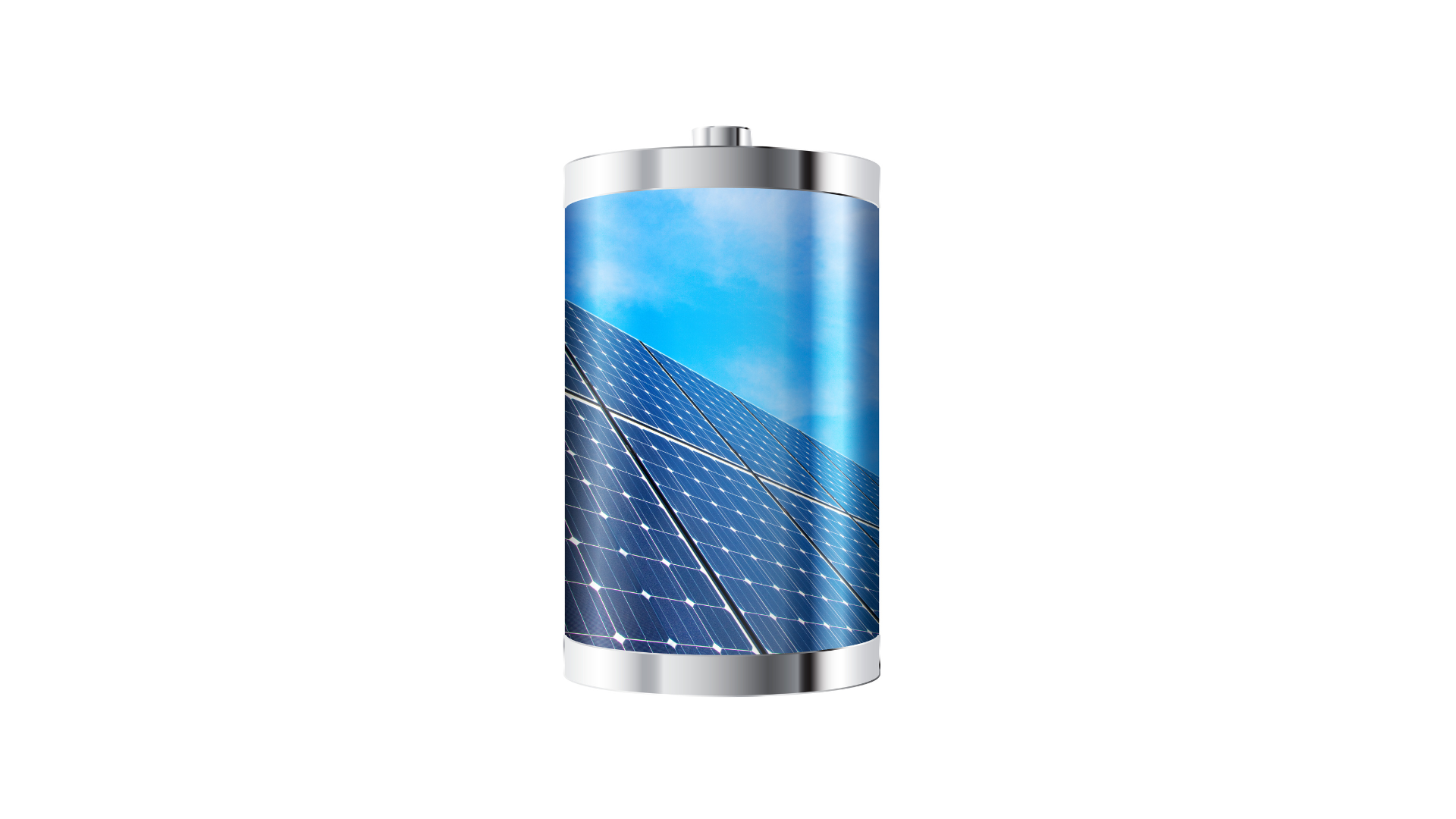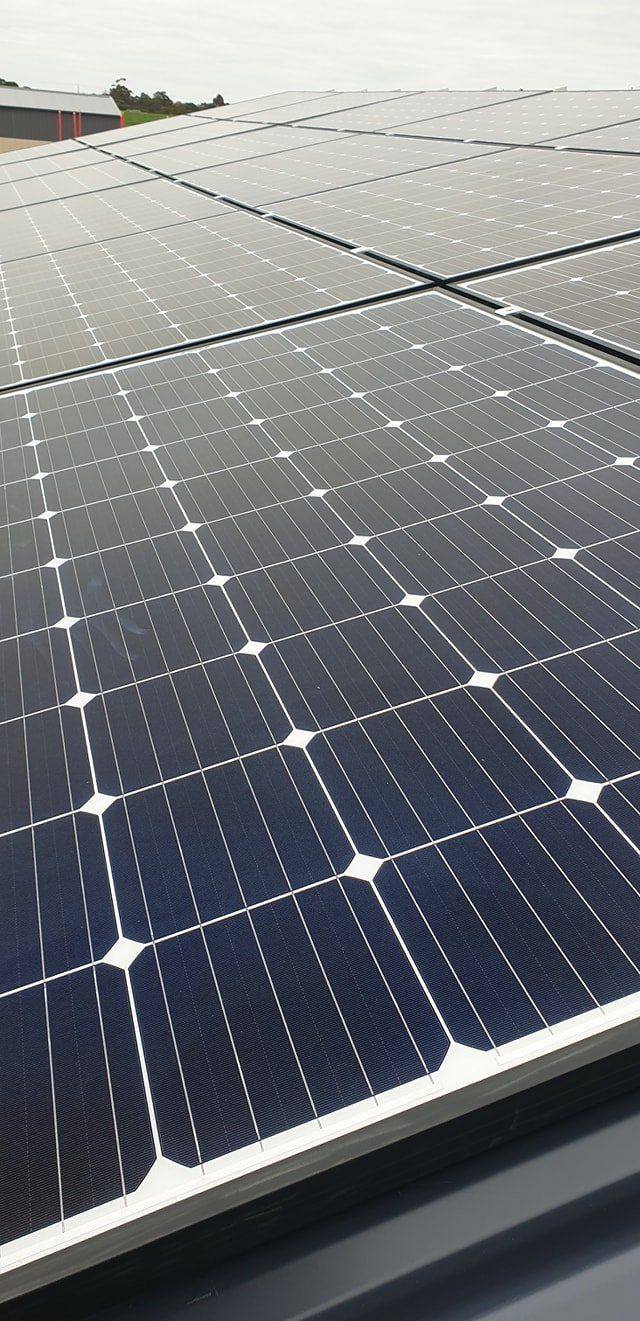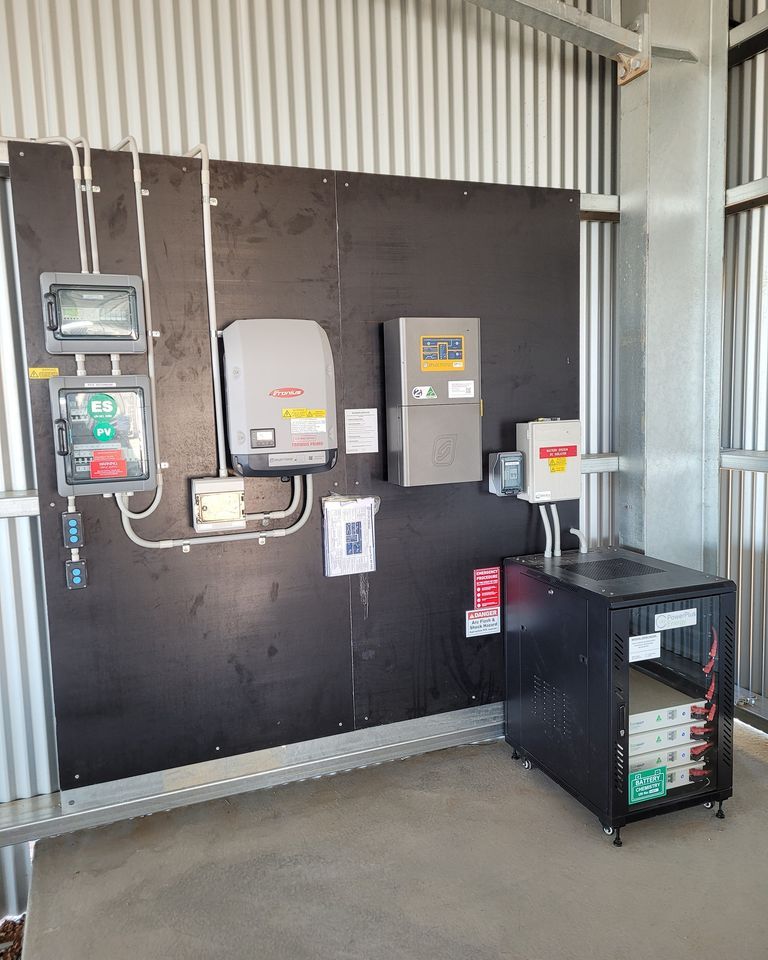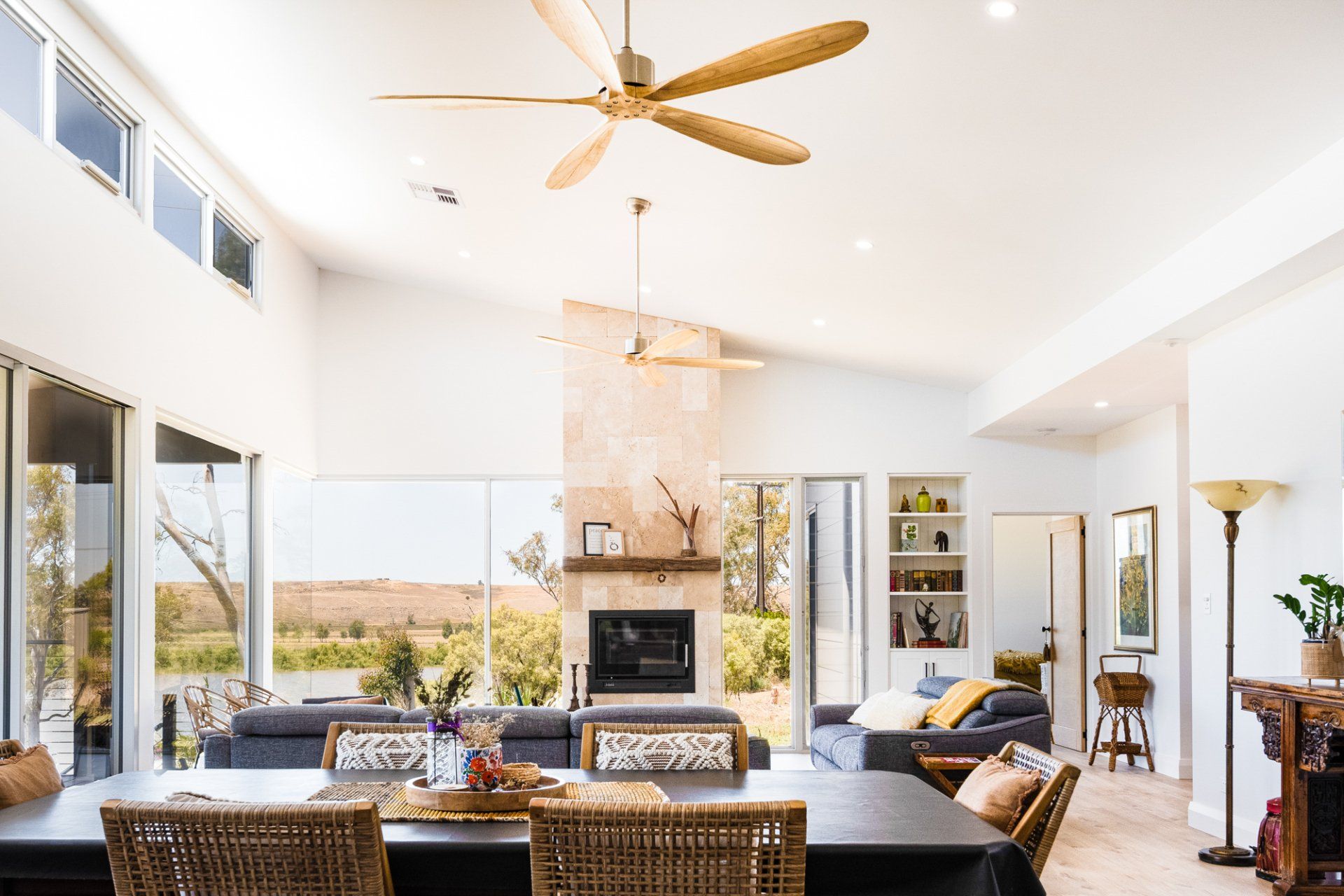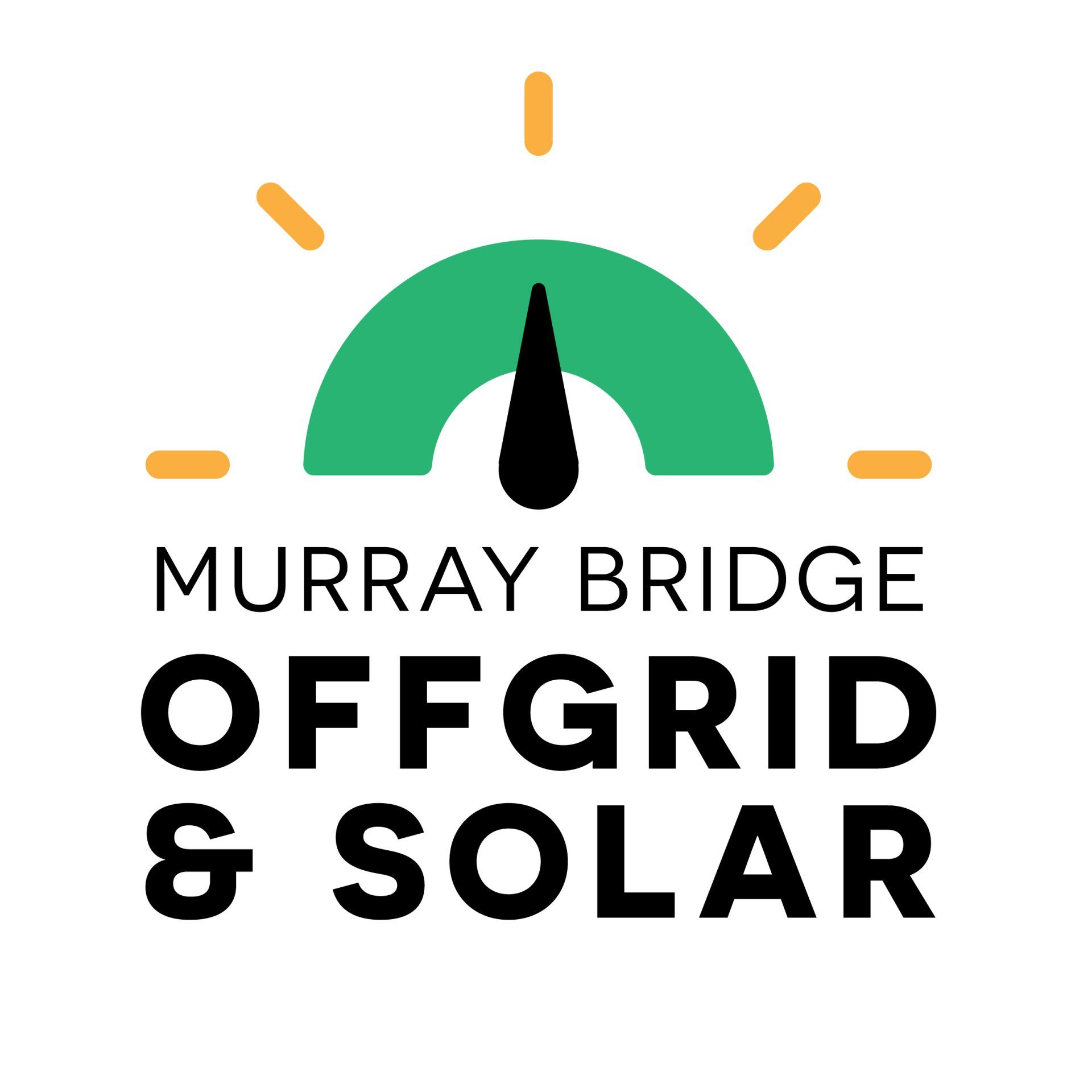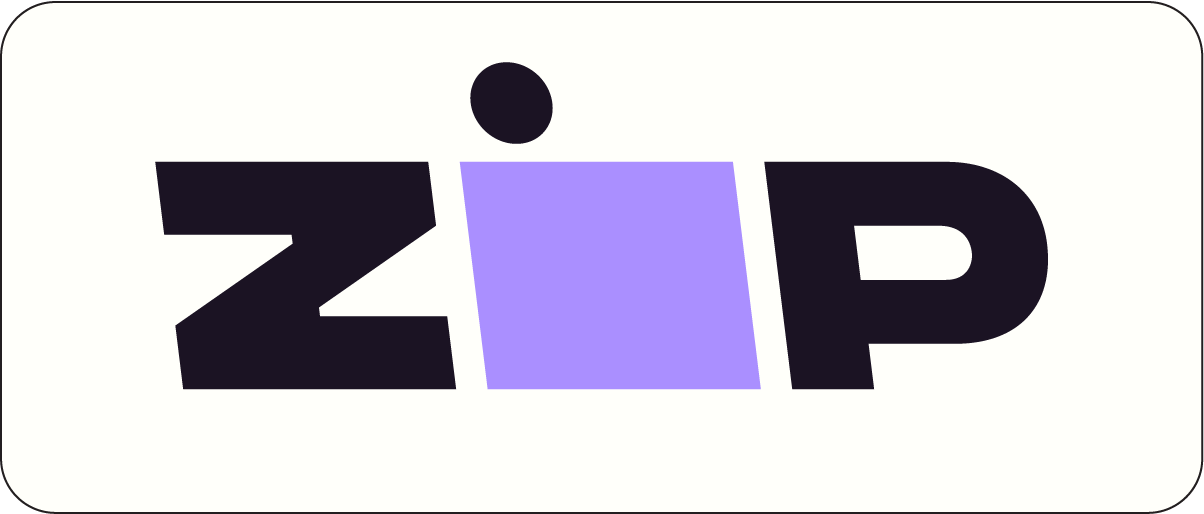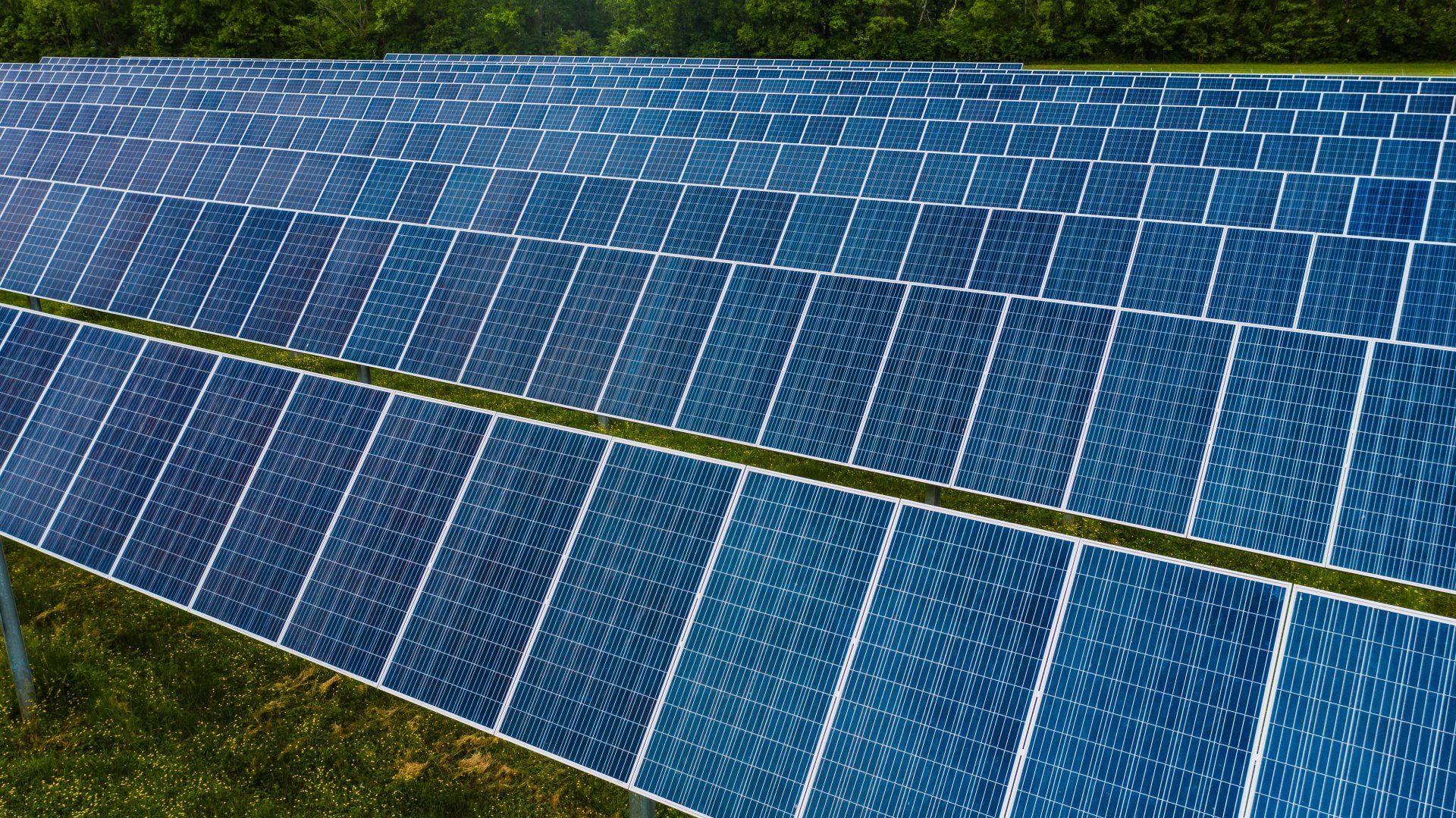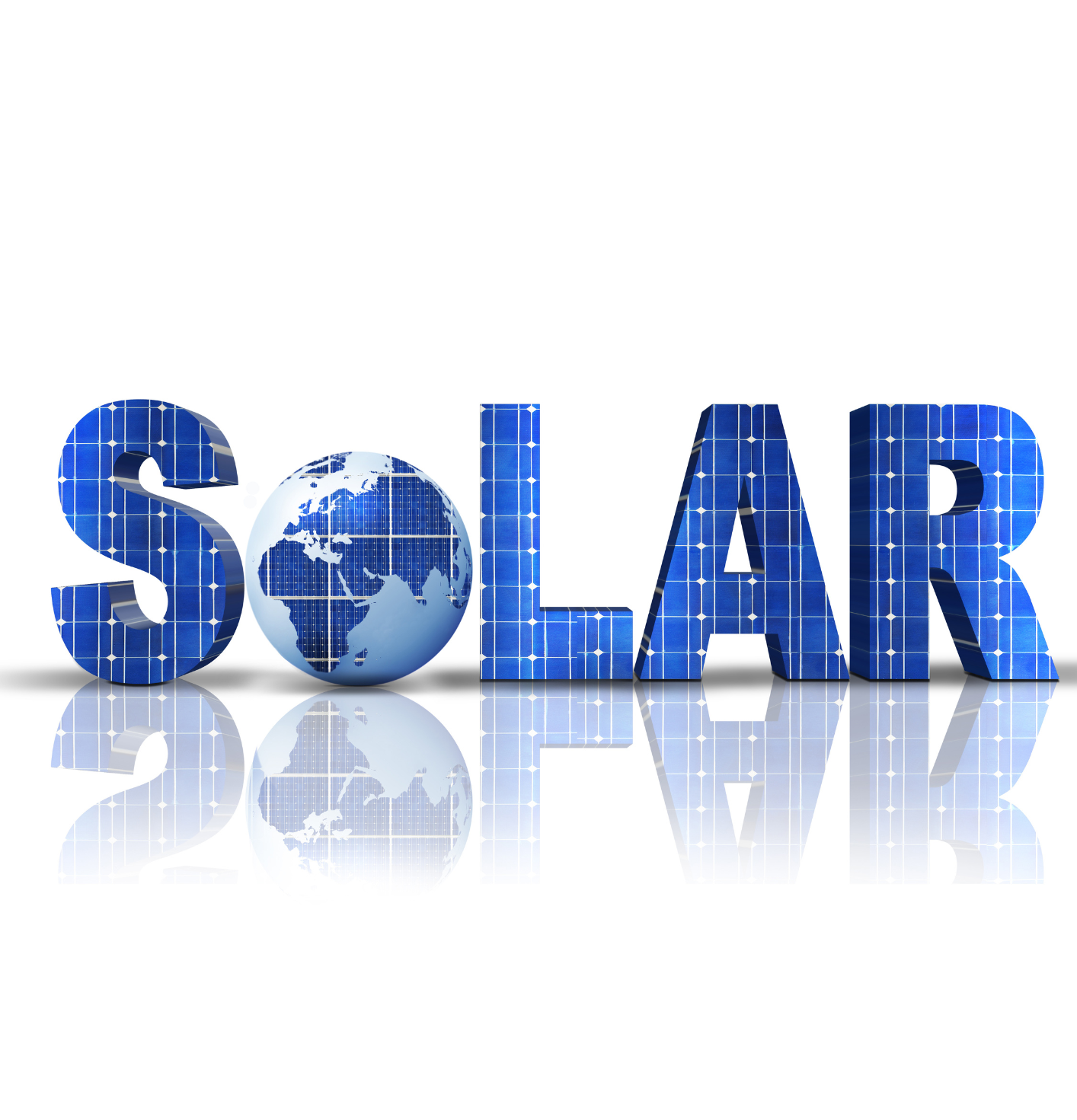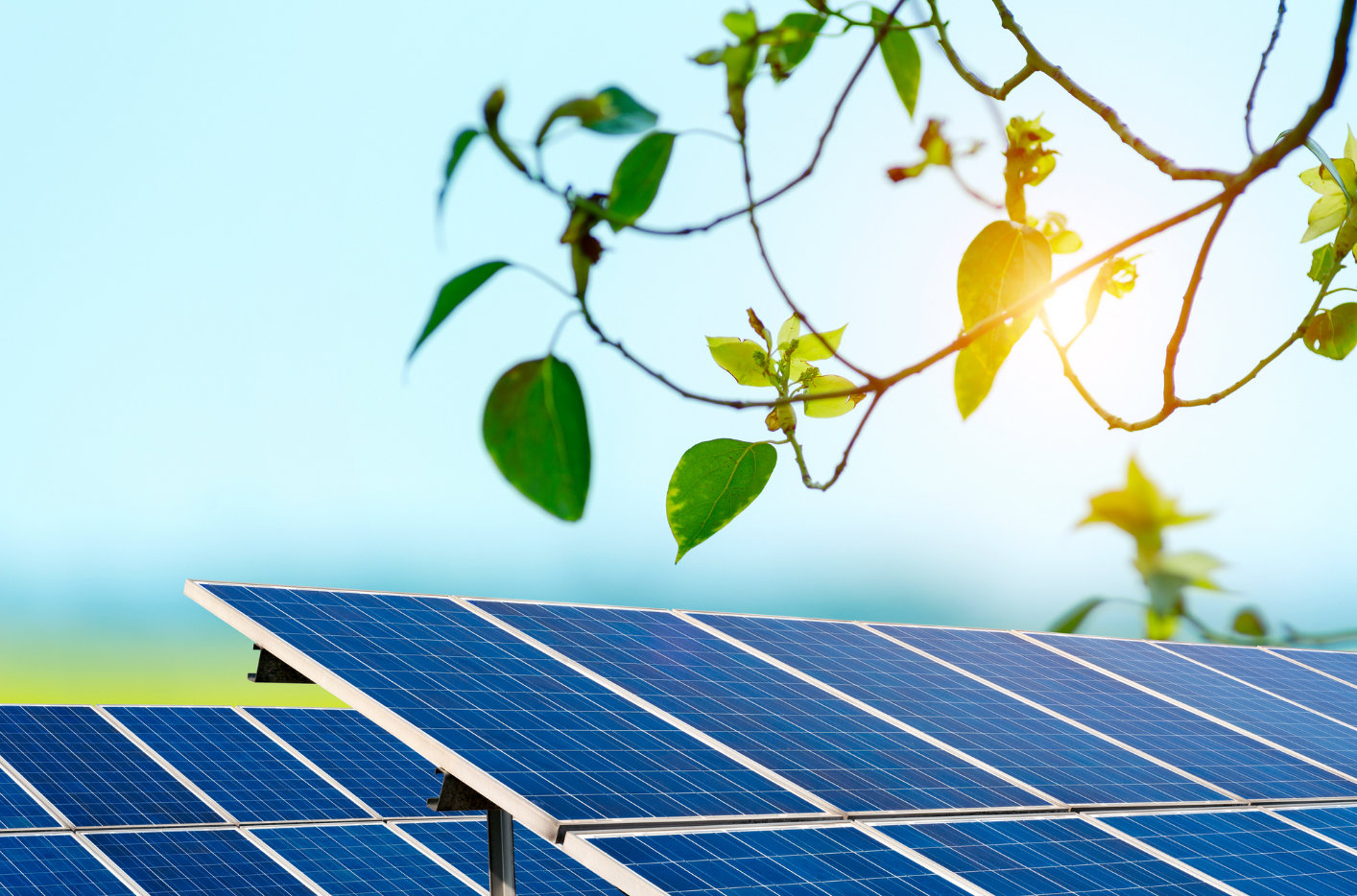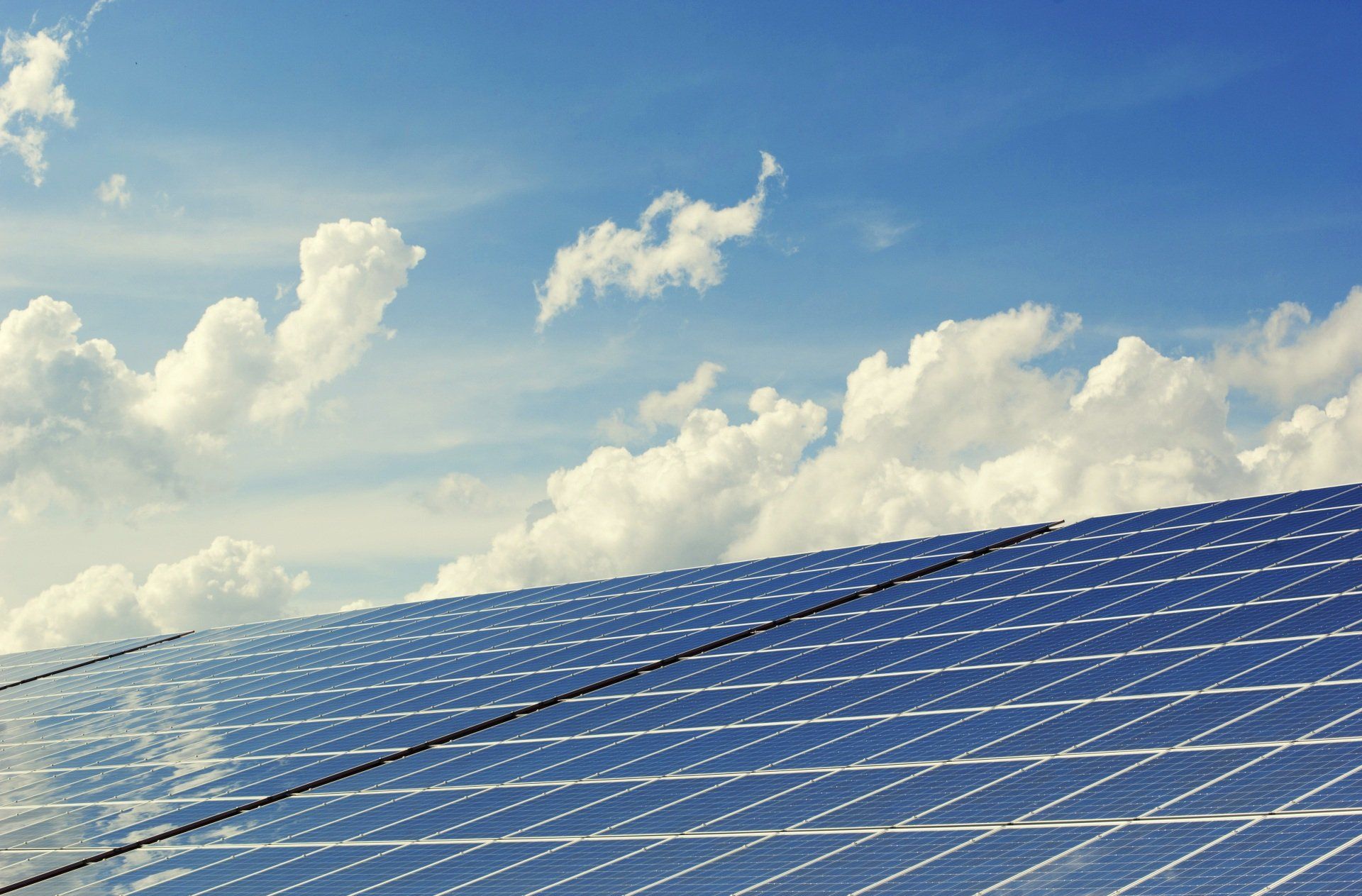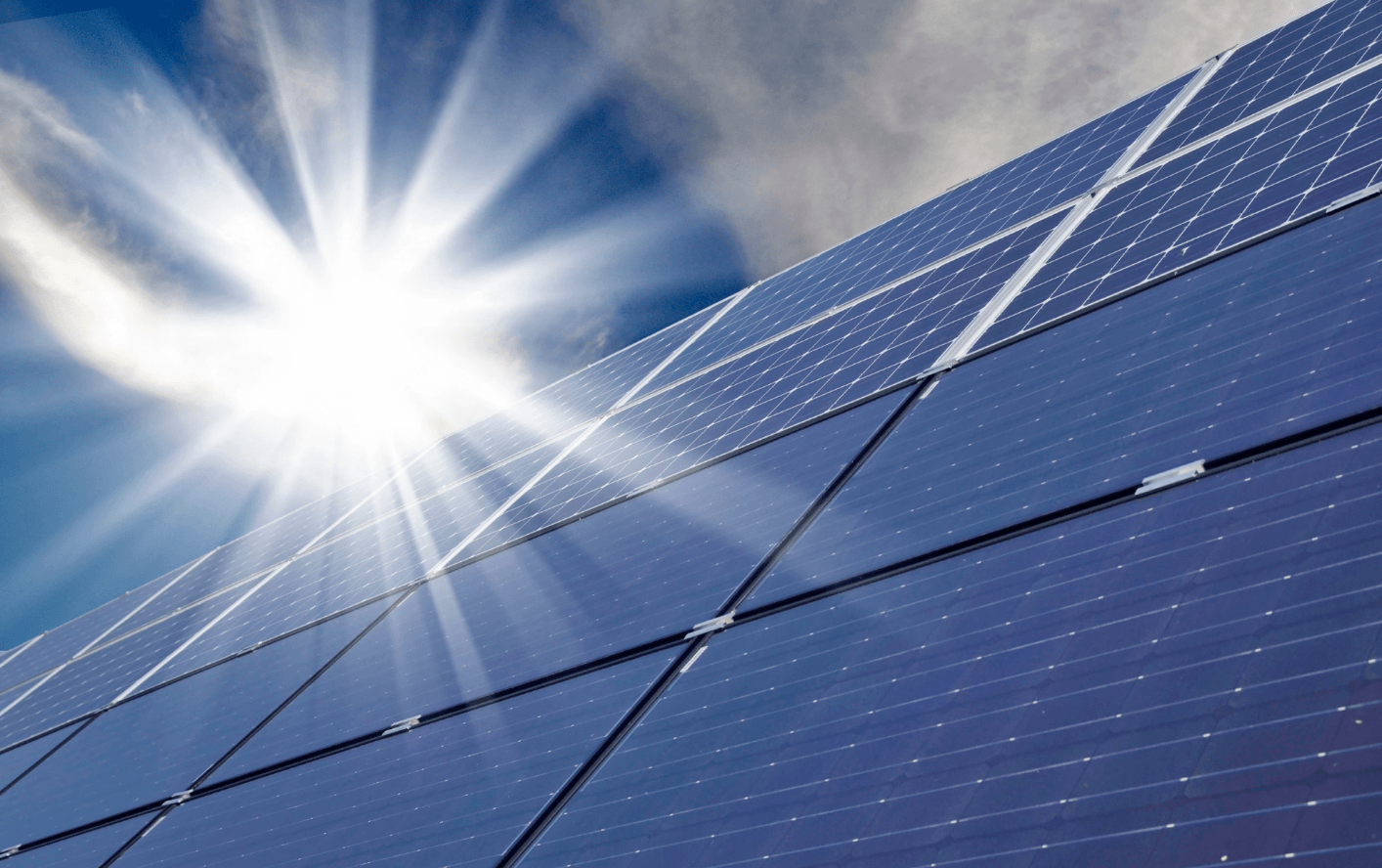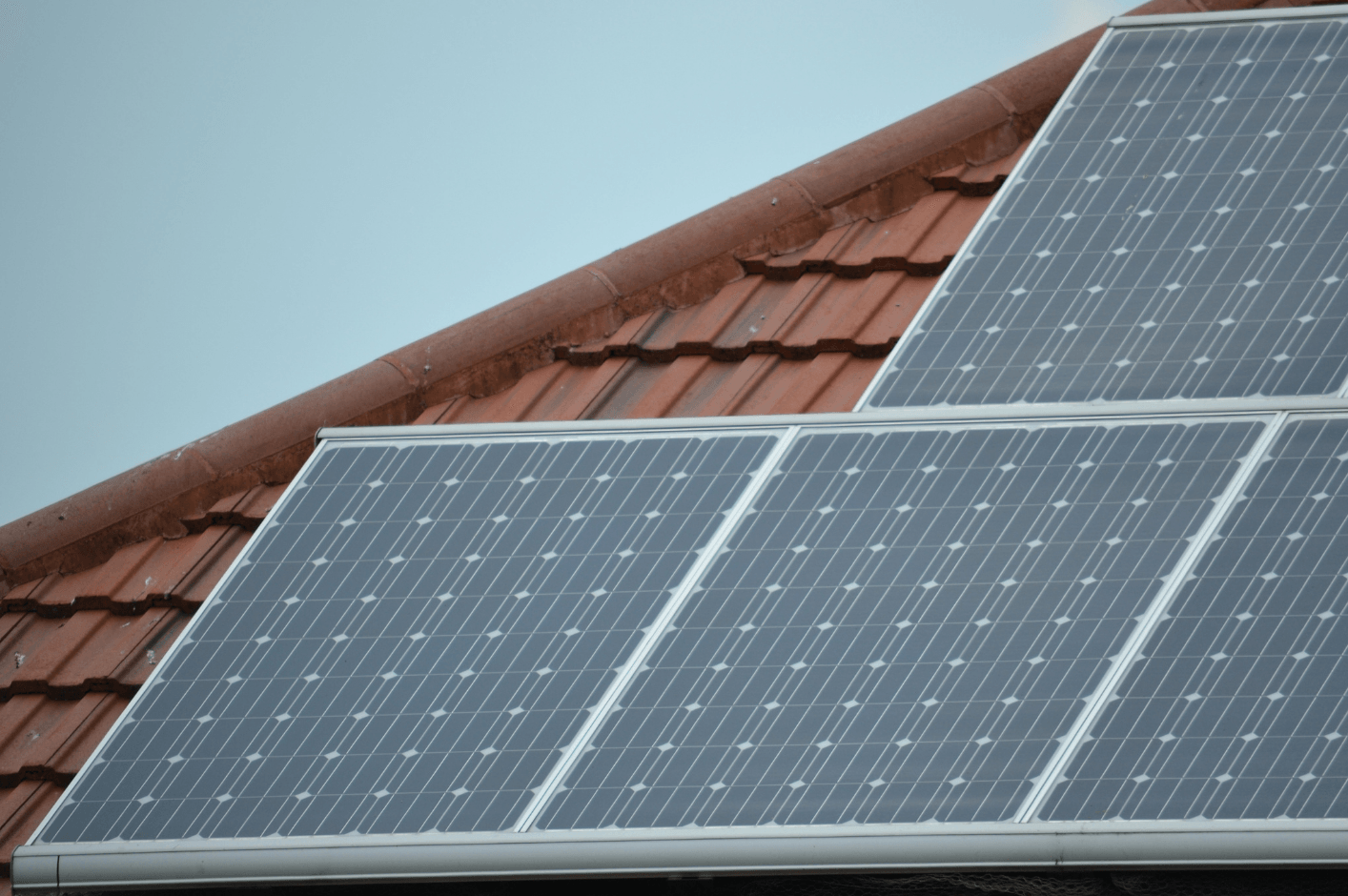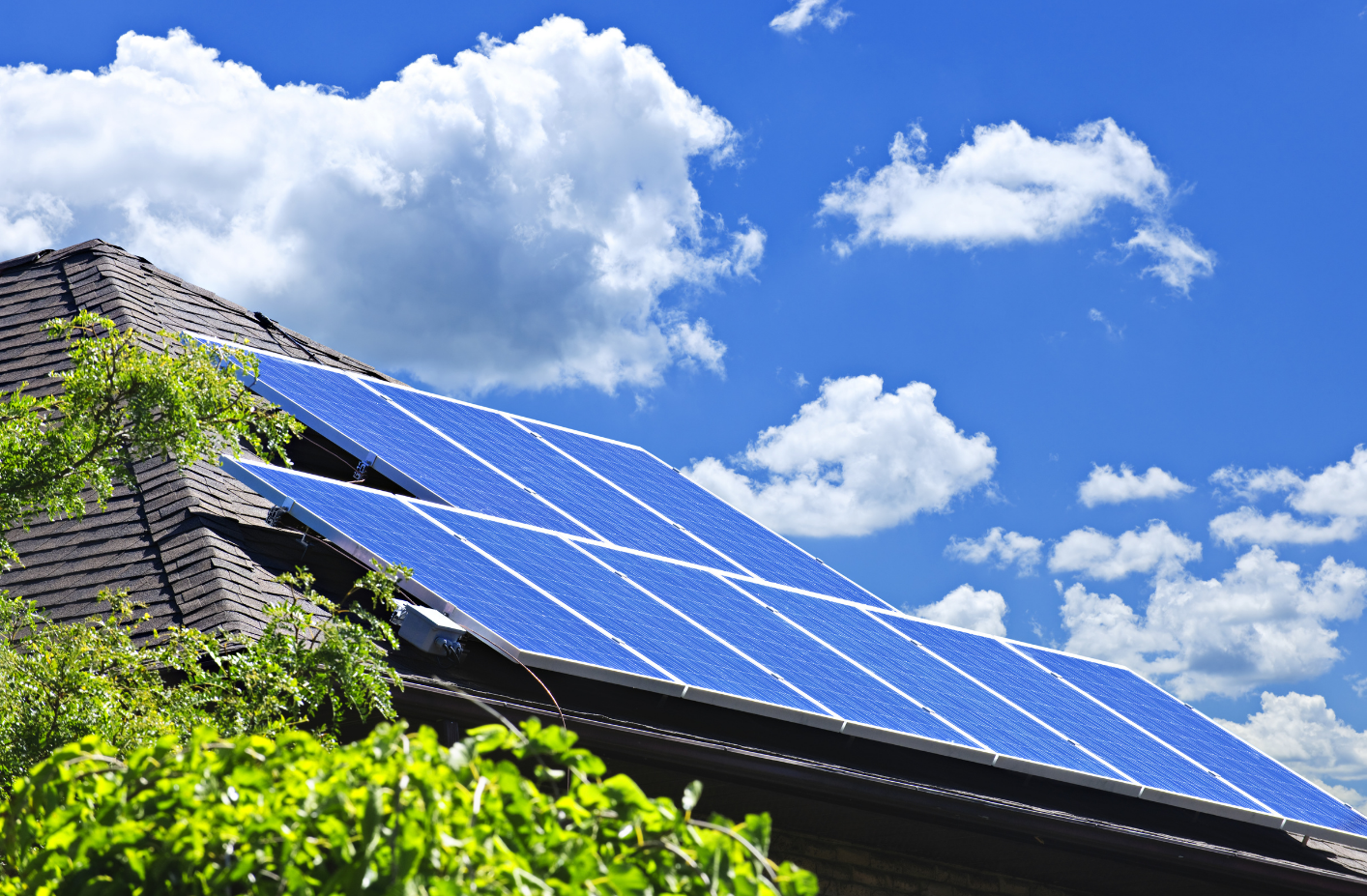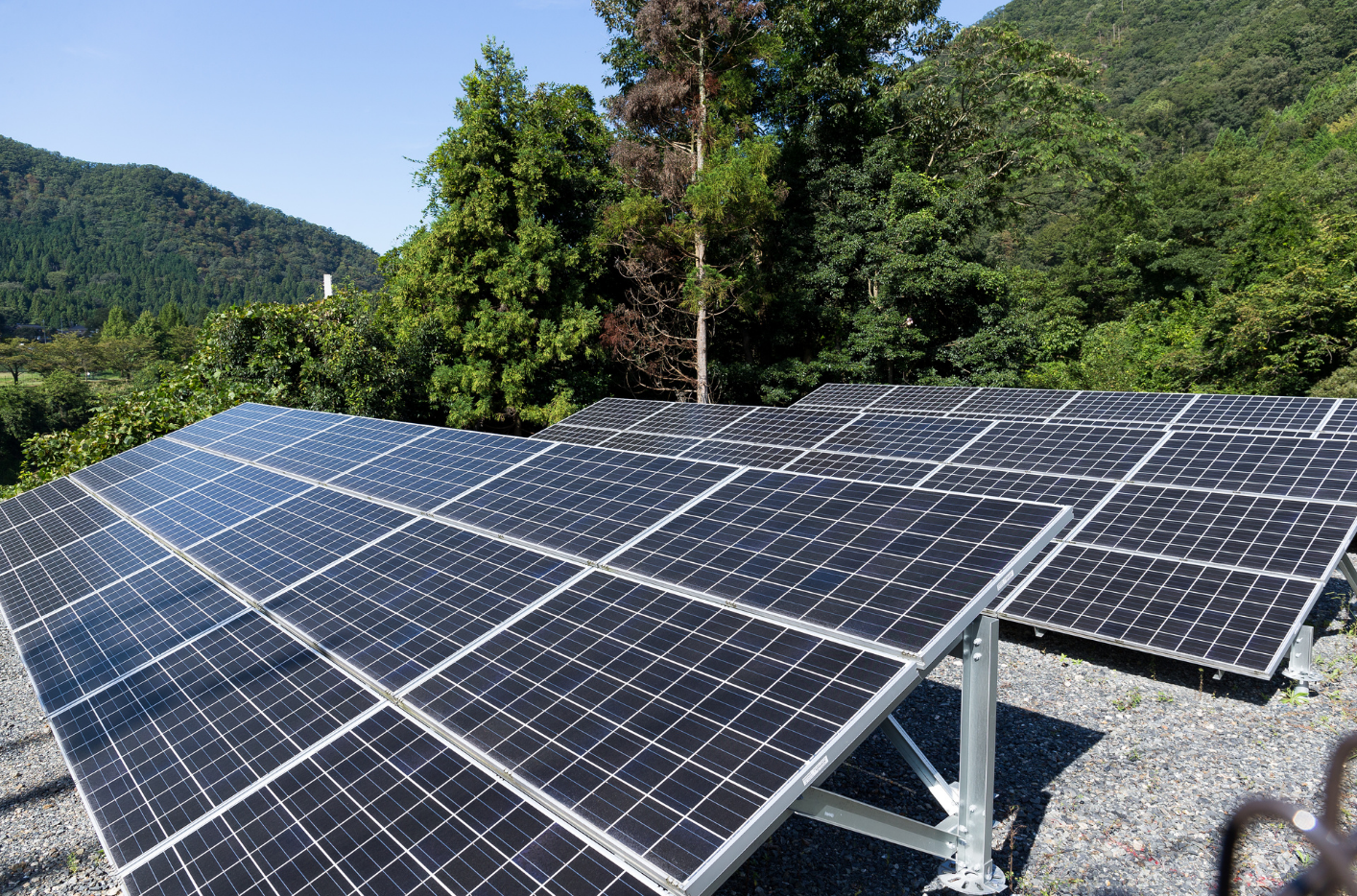What's the difference between Solar On grid vs Off grid?
Do you know the difference between solar on grid vs off grid systems?
If not, don't worry – you're not alone!
Many people are confused about the differences between these two types of solar systems. In this blog post, we will explain the differences and help you decide which type of solar system is right for you.
Solar on grid systems are connected to the power grid. This means that when the solar system produces more electricity than you are using, the excess electricity is sent to the power grid. The advantage of this is that you can sell your excess electricity back to the power company.
Solar off grid systems are not connected to the power grid. This means that you will need to store your excess electricity in batteries. The advantage of this is that you are not reliant on the power grid and can still produce electricity even if the power grid goes down.
So, which solar system is right for you? If you live in an area with a reliable power grid, solar on grid systems are a great option. If you live in an area with an unreliable power grid or if you want to be independent from the power grid, solar off grid systems are a better option.
If you're still not sure which type of solar system is right for you, we can help! Contact us today and one of our solar experts will be happy to answer any of your questions.

On grid, Off grid & Hybrid
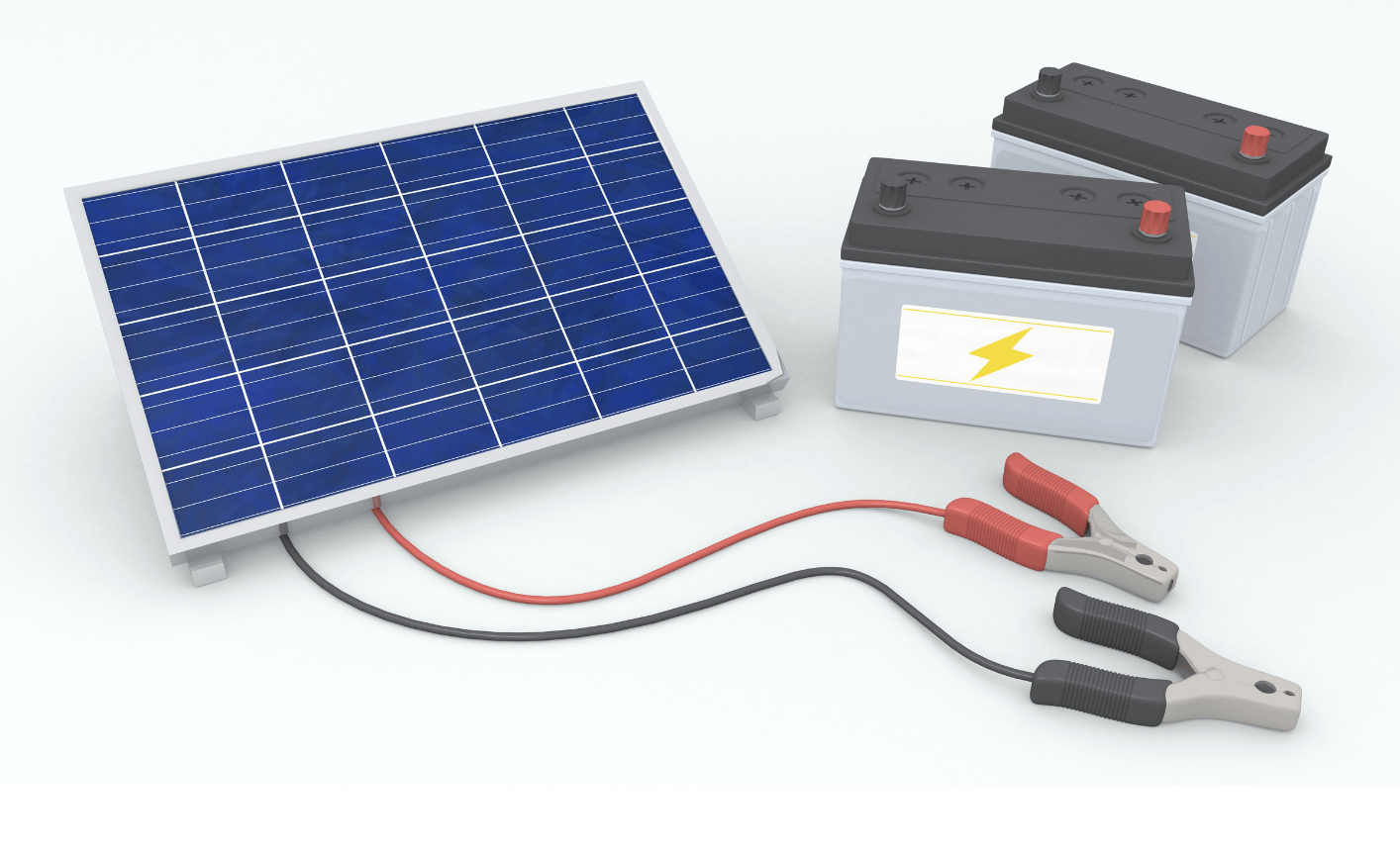
On-grid, off-grid, and hybrid solar systems are the three main types of solar power systems. An on-grid solar system is also known as a grid-tie or grid-feed solar system. An off-grid solar system is also known as a stand-alone power system (SAPS). A hybrid solar system is a grid-connected solar system with battery storage.
On-grid solar systems are connected to the public electricity grid. They send excess electricity generated back to the grid for credits or for utility companies to use. On-grid solar systems can be used in conjunction with net metering, where homeowners receive credits for the extra power their system generates.
Off-grid solar systems are not connected to the public electricity grid. They are typically used in remote locations where it is not practical or economical to connect to the grid. Off-grid solar systems must be sized appropriately to meet the energy needs of the home or business they are powering.
Hybrid solar systems are connected to the public electricity grid, but they also have battery storage. This allows homeowners to use the stored energy during power outages or when utility rates are high.
Which type of solar system is right for you? It depends on your specific needs and circumstances. Contact a solar professional to learn more about on-grid, off-grid, and hybrid solar systems. They can help you decide which system is right for your home or business.
What are the benefits of each type of solar power system?
On-grid solar systems:
- Net metering or other incentive programs may be available
- No need for battery storage
- Easy to expand
Off-grid solar systems:
- Can be used in remote locations
- Not impacted by power outages
- May be less expensive than grid connection in some cases
Hybrid solar systems:
- Battery storage provides backup power during outages or high utility rates
- Net metering or other incentive programs may be available
- Easy to expand
There are many factors to consider when choosing a solar power system. Contact our solar professionals to learn more about on-grid, off-grid, and hybrid solar systems. They can help you choose the right system for your home or business. Solar power is a great way to save money and help the environment.
